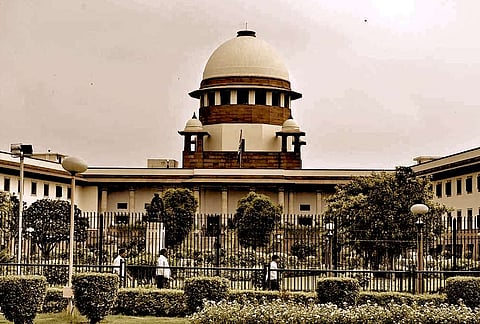

[dropcap]T[/dropcap]HE Supreme Court of India today issued notice to the Union Home Ministry, National Human Rights Commission (NHRC) and the state governments of Andhra Pradesh, Assam, Bihar, Gujarat, Jammu & Kashmir, Jharkhand, Madhya Pradesh, NCT of Delhi, Rajasthan, Uttar Pradesh and West Bengal, on a Public Interest Litigation (PIL) petition seeking strict compliance with the Supreme Court's directions of July 17, 2018 for preventing cases of mob lynching.
A three-judge bench led by the then Chief Justice of India (CJI) Dipak Misra had issued a set of guidelines to the Central Government, the state governments, and union territories (UTs) – guidelines that were like preventive, remedial and punitive measures to curb the widespread incidents of mob lynching in the country.
From compulsory registration of First Information Reports (FIR), the appointment of a senior police officer as a nodal officer in each district for taking measures to prevent mob violence and lynching, the framing of a victim compensation scheme, a time-bound trial in cases of mob lynching to departmental action against police or district officials who fail to act against the perpetrators; these were some of the guidelines among others that were issued by the apex court.
More importantly, the Supreme Court also recommended that Parliament create a separate offence for lynching and provide adequate punishment for the same. The reason for such a recommendation in the court's own words was that a special statute would instil a sense of fear for the law among the people involved in violence of this nature.
Today, while hearing a fresh PIL seeking to implement those guidelines, a two-judge bench comprising CJI Ranjan Gogoi and Justice Deepak Gupta chose to issue notice calling upon the Union Government, NHRC, state governments and UTs to file their reply to the PIL alleging non-compliance with the court's directions.